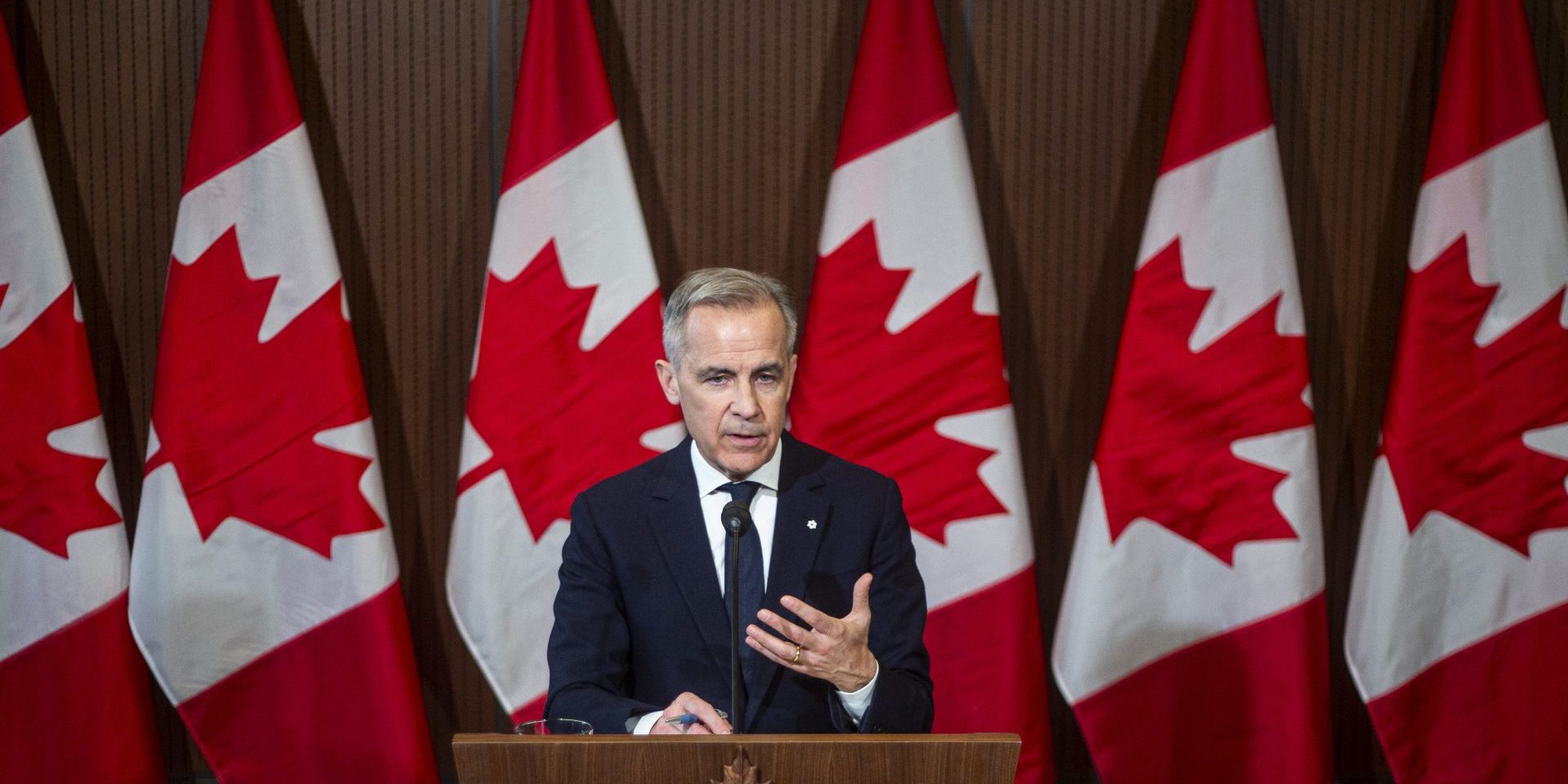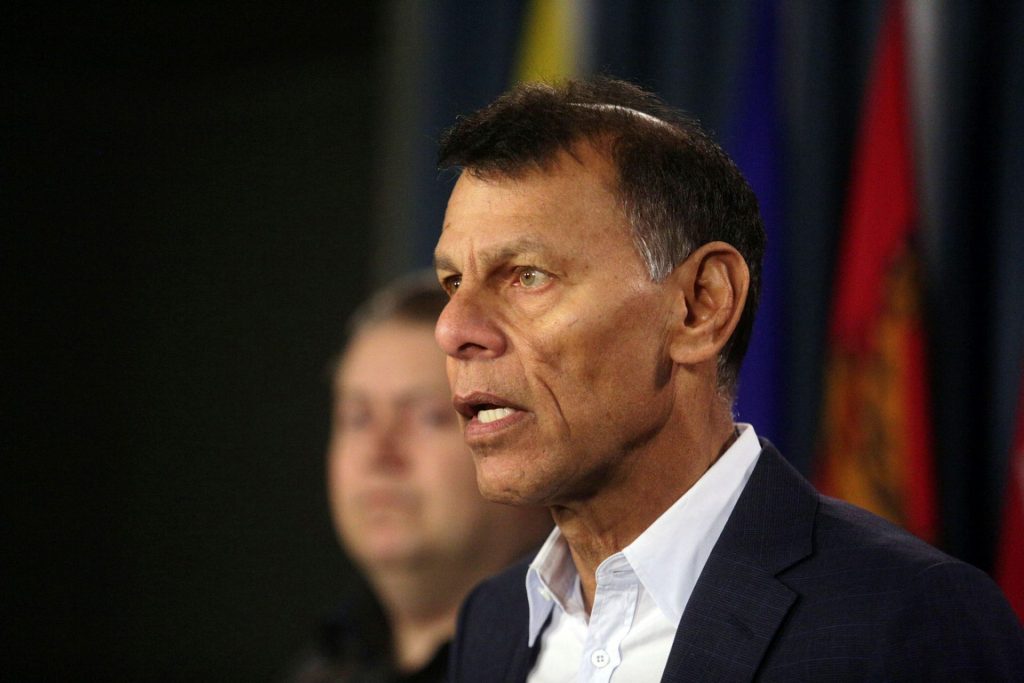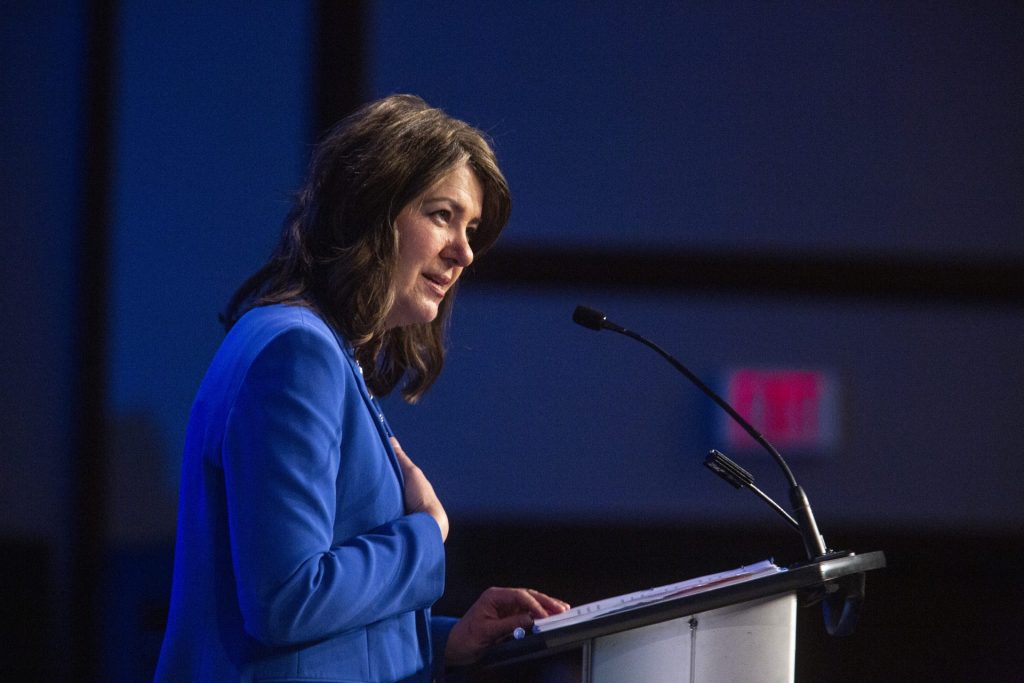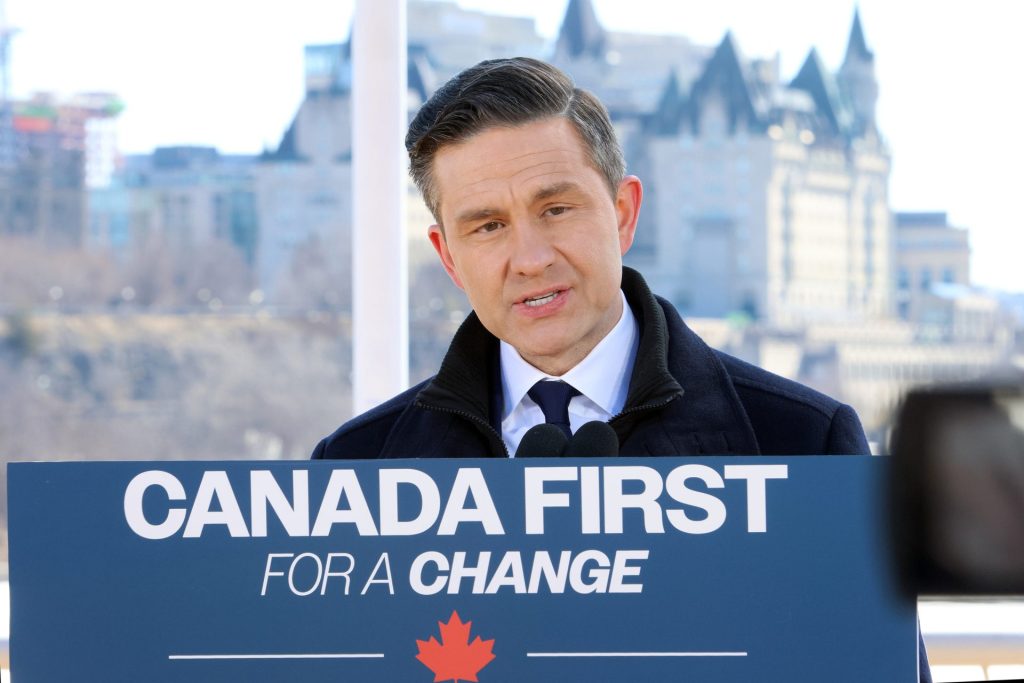Tariffs ‘still devastating’ despite ‘reciprocal’ reprieve, says Senator on Canada-U.S. council

Canadians breathed a sigh of relief as the country was spared from United States President Donald Trump’s “reciprocal” tariff announcement, but it is cold comfort with auto tariffs being enacted as the list of American levies imposed on Canada continues to grow.
A day after Trump enacted his self-titled “reciprocal” tariffs on a slew of countries around the globe, markets plunged over the trade shock, but Canada and Mexico were exempted. However, Trump announced that a 25-per-cent auto tariff would be enacted on April 3.
“It’s still devastating for the country,” said Independent Senator Hassan Yussuff (Ontario), a member of Prime Minister Mark Carney’s Council on Canada-U.S. Relations.
Still in place are a 25-per-cent all-encompassing tariff on non-Canada-United States-Mexico Agreement (CUSMA)-compliant goods—which drops to 10 per cent for energy—under the guise of addressing fentanyl crossing the American border, as well as 25-per-cent tariffs on Canadian steel and aluminum exports.
Just hours after the auto tariffs were enacted, Stellantis announced that its plant in Windsor, Ont., would suspend operation for two weeks. Unifor, which represents workers at the plant, said around 4,500 people are employed at the facility.
“I think there is more to come in the auto sector,” Yussuff said. “That does not even speak directly to the parts manufacturers who supply these plants who are likely to see plants starting to go down.”
“Some may want to think that there is some degree of light here that we should take some comfort in, but from where I sit, this is still devastating to the country,” he said.

On April 3, Carney announced a 25-per-cent tariff on U.S. auto exports that are not compliant with the CUSMA. It remains to be seen how many vehicles that would impact. Carney suggested revenue from the counter measure could reach $8-billion.
“Given the prospective damage to their own people, the American administration should eventually change course, but I don’t want to give false hope,” he told reporters. “The president believes what he is doing is best for the American economy—he believes it is best for American workers—and although their policy will hurt American families, until that pain becomes impossible to ignore, I don’t believe that they will change direction. So the road to that point may indeed be long, and it will be hard on Canadians just as it will be on other partners of the United States.”
Conservative Leader Pierre Poilievre said that as prime minister he would “rapidly” renegotiate CUSMA on a “very tight timeline.”
“That will allow us to find certainty,” he said. “I will also propose that in the meantime both sides suspend tariffs.”
He said he wouldn’t remove Canadian counter-tariffs unless the U.S. did the same.
“I will push hard to end the tariff madness,” he said during a campaign rally in Kingston, Ont., on April 3.
Alberta Premier Danielle Smith celebrated Trump’s April 2 announcement as an “important win” for Canada and Alberta.
“It appears the United States has decided to uphold the majority of the free trade agreement (CUSMA) between our two nations,” she posted on X, remarking that “it appears the worst of this tariff dispute is behind us (though there is still work to be done).” Smith said the focus needs to shift to advocating to remove tariffs on autos and steel and aluminum.
‘I don’t understand the premier’s naiveté’: Yussuff
Yussuff said Smith’s response could be characterized as “naiveté,” remarking that non-CUSMA compliant energy exports are still being hit with tariffs.
“How can you actually say the president’s action yesterday was a win? Unless you’re completely mad and you think it’s justified what they’re doing,” he said. “It’s like saying, ‘I only lost half an arm, it could’ve been the whole thing—I should feel good.’ Well sorry, even that is unjustified and unwarranted.”
“I don’t understand the naiveté of the premier. She should be very much focused on the totality of the economy in this country because it will impact all of us. What happens in Alberta will impact Ontario, [and] what happens in Ontario will impact Alberta,” he said.
“To simply pretend that somehow because the president didn’t impose a reciprocal tariff that we should see this as some kind of partial victory, I certainly don’t see it that way because the tariffs that have already been levelled on us are quite devastating to workers and communities across the country.”

Speaking to The Hill Times before Carney announced Canada’s response to the American auto tariffs, Yussuff said this country needs to look at areas where it can cause “maximum pain” to “get their attention.”
In the U.S., the Senate—through the backing of Democratic and some Republican Senators—passed a resolution that would end an emergency declaration that gave Trump authority to impose tariffs on Canada, Mexico, and China under the guise of addressing the fentanyl crisis. That bill now is off to the House of Representatives, which has a slim Republican majority.
A second bipartisan bill was introduced on April 3 that could curtail Trump’s powers to impose tariffs as it is attempting to reassert Congressional jurisdiction over tariffs.
Canada comes out ahead after ‘reciprocal’ tariff news
International trade lawyer Robert Glasgow, a partner at McCarthy Tétrault, said Canada is nowhere near the end of its tariff concerns with its southern neighbour.
“There’s going to be a lot of Canadians hurting, so you don’t want to prematurely celebrate, but I do think … that you have to take wins when they appear,” he said, remarking that not being hit with a “reciprocal” tariff was “a win.”
He said that Canada is coming out of the situation with effectively a zero-per-cent rate on made-in-Canada items because CUSMA-compliant goods are exempt with the exception of autos and steel and aluminum.

“All the other goods that are coming into the U.S. are at least at 10 per cent, like the U.K.,” he said. “So Canada is actually coming out of this for Canadian manufactured goods in a more advantageous place than a lot of U.S. trading partners.”
While the imposition of the auto tariffs puts Canada in a bad spot, Glasgow said that “you grapple with the world as it is.”
“But, you always hesitate to talk about things as wins because we are significantly far away from being done. The auto tariffs and the steel and aluminum tariffs are still hitting Canadian producers and Canadians firms,” he said, remarking that even if this country is emerging from the White House’s “Liberation Day” comparatively better than others, the world is still headed for economic peril.
While many were telegraphing danger under a “reciprocal” American approach due to the digital services tax, that never materialized.
“The fact that we didn’t get hit despite that, quite frankly, goes back to the efforts of [Ontario Premier Doug] Ford and Carney and the Canada-U.S. consultation team that the Canadian government put together to really work to limit the impact as far as they could,” he said.
nmoss@hilltimes.com
The Hill Times






 LICENSING
LICENSING PODCAST
PODCAST ALERTS
ALERTS













